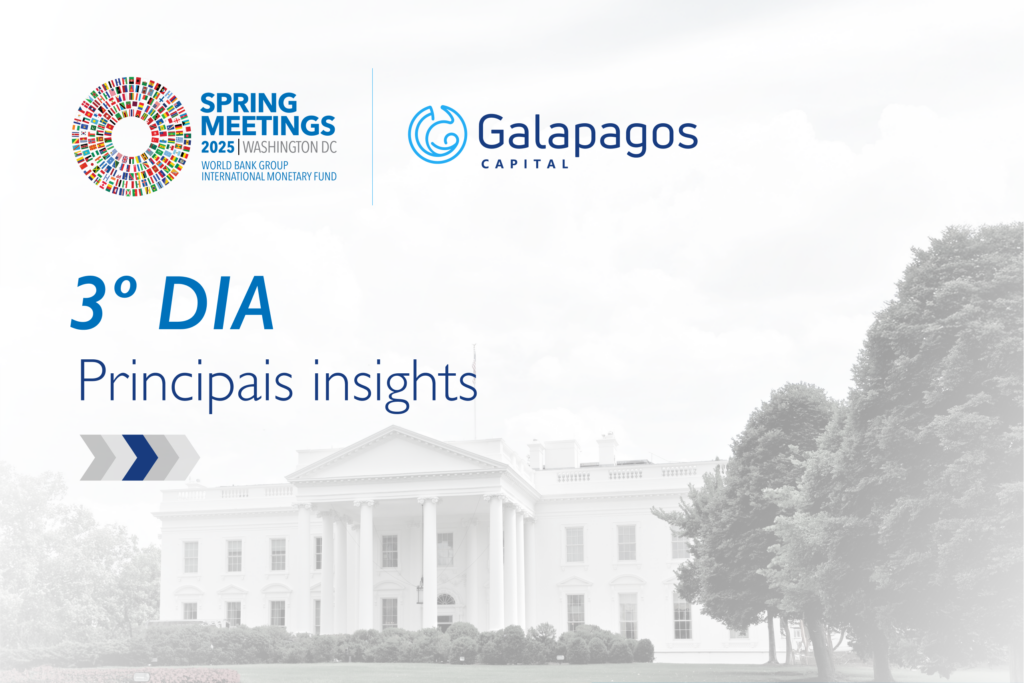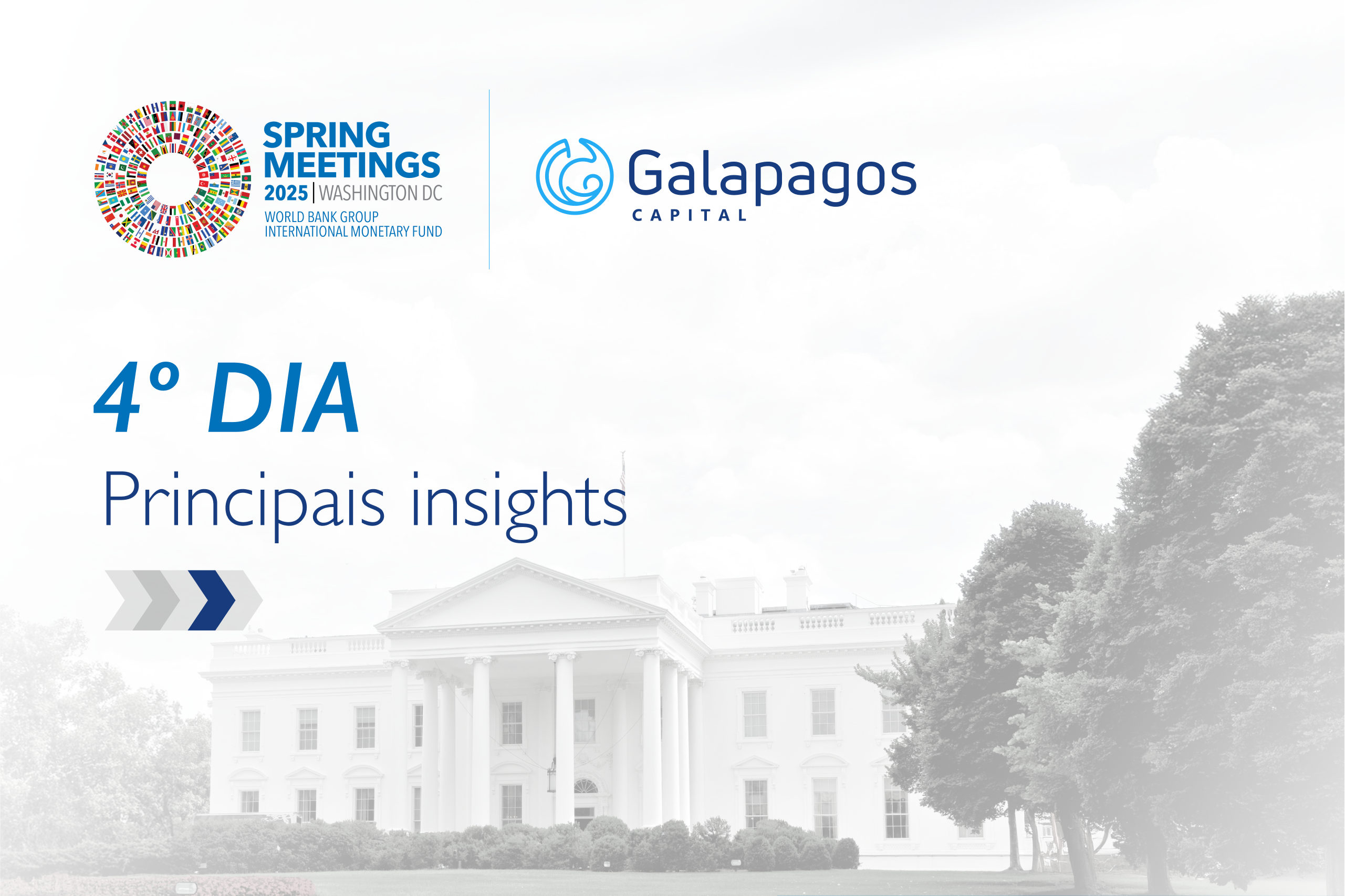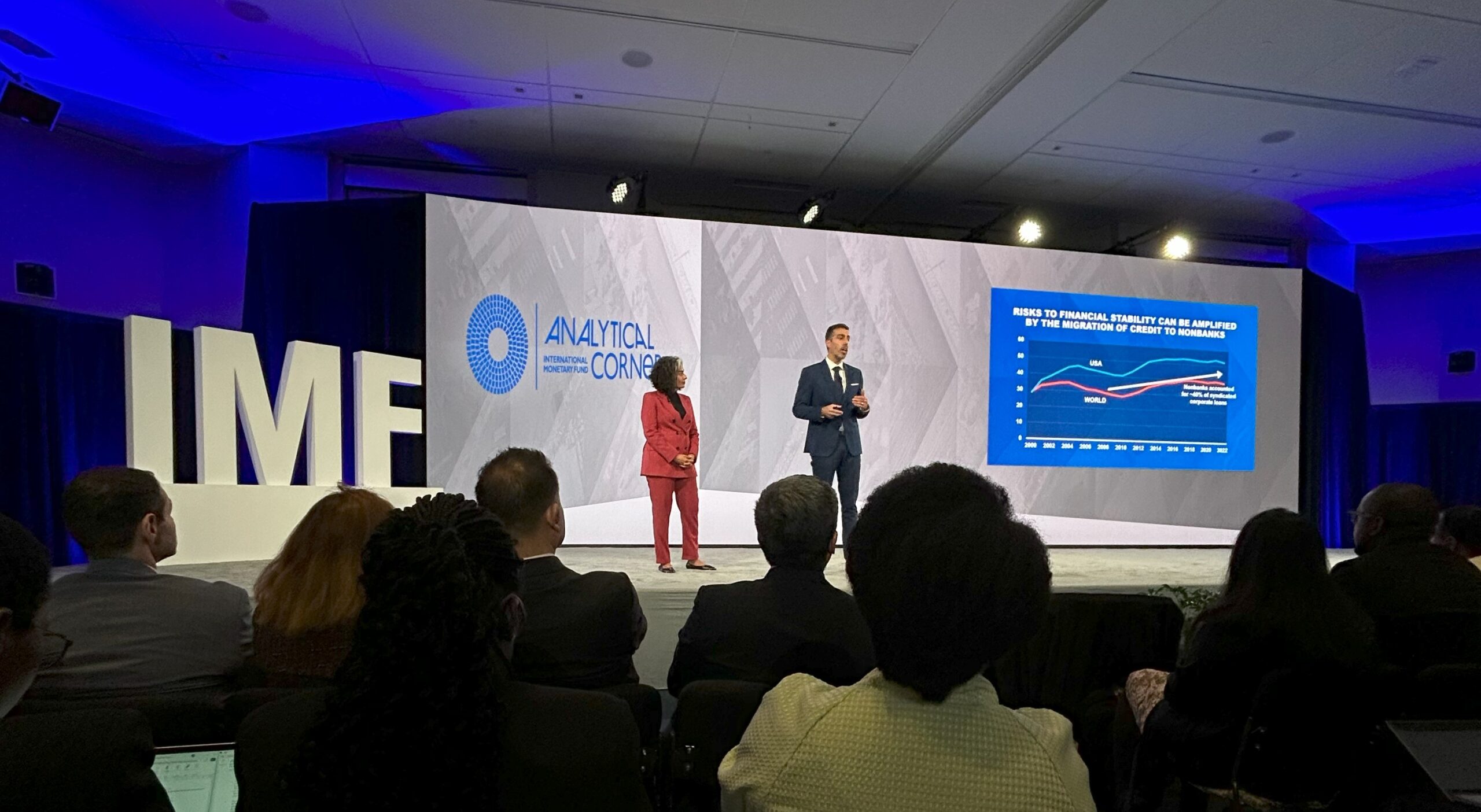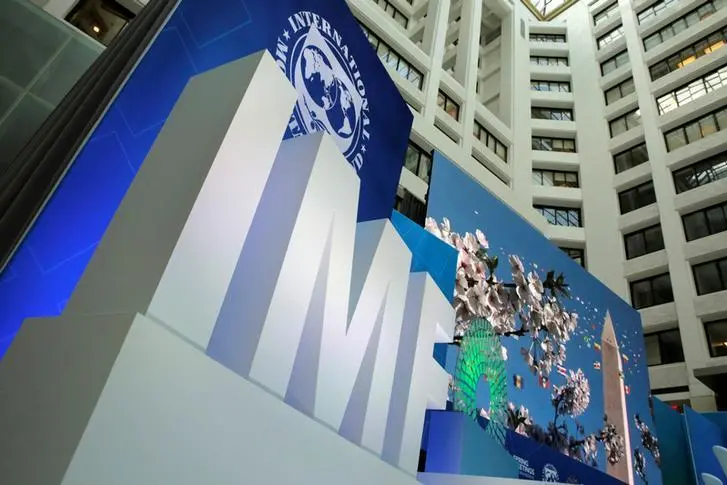Macroeconomic Outlook for Latin America and Europe at the IMF 2025 Spring Meetings
European Union at a Crossroads: Understanding the Shifts
During the panels hosted at the 2025 IMF Spring Meetings, two central themes emerged: the European Union’s strategic repositioning amid escalating geopolitical pressures and Argentina’s attempt to rebuild its economy through a gradual and realistic monetary policy framework. In both cases, confidence—whether among markets, institutions, or citizens—was highlighted as the most valuable and, at the same time, most fragile asset.
European Union: Balancing Security, Fiscal Responsibility, and Trade Integration
In the panel led by Paschal Donohoe, President of the Eurogroup, it became clear that the European Union stands at a decisive inflection point. The decisions made today will define the bloc’s global role for decades to come.
Increased defense spending, for instance, is being treated not as a cost but as a strategic investment. However, this strategy must be aligned with the maintenance of fiscal credibility, a cornerstone for sustaining market confidence.
Despite speculation regarding a potential “Next Generation EU 2.0,” Donohoe was categorical: there are no plans for a new round of joint fiscal stimulus. The priority remains to use existing instruments more efficiently.
Externally, prospects for a new trade agreement with the United States remain modest. Consequently, attention is shifting toward other regions, particularly Latin America and Asia. Renewed interest in the Mercosur-European Union agreement signals a reorientation of the bloc’s foreign policy strategy.
Another key strategic topic is the advancement of European capital market integration through the Investment and Savings Union project. The goal is clear: mobilize domestic savings toward productive investments that can drive sustainable growth.
The ongoing war in Ukraine and rising regulatory pressures complete an already challenging landscape.
To remain relevant on the geopolitical stage, the EU must combine fiscal prudence with strategic agility—a complex, but unavoidable, task.
Argentina: Confidence, Predictability, and Technical Realism
In the panel focused on Latin America, Santiago Bausili, President of the Central Bank of Argentina, provided insight into the country’s new economic stabilization model. The opening statement was stark: “We started with zero credibility.”
The new program breaks from the traditional exchange rate anchor model and instead adopts a monetary aggregates-based policy to contain inflation.
The concept is simple in theory but challenging in practice: gradually restore predictability to rebuild the confidence of businesses, households, and investors.
According to Bausili, corporate behavior is already shifting—there is now a prioritization of inventory accumulation over growth investments. This reflects the caution of the productive sector, still adjusting to the new economic logic.
The transition will require time, patience, and a profound shift in political and business mindsets. Political frankness and technical realism were emphasized as critical pillars guiding the stabilization strategy.
The Next Phase: Predictability, Structural Reforms, and Reserve Reconstruction
Alongside the new monetary policy, Argentina secured a $20 billion Extended Fund Facility agreement with the IMF. An early disbursement of 60% of the total amount is intended to provide market predictability and strengthen international reserves.
The current focus is on rebuilding foreign reserves, with broader exchange rate bands and clear liquidity targets. The fiscal policy objective is to achieve a primary surplus of 2.5% of GDP, which will require structural reforms in tax and pension systems.
Ongoing measures also include economic deregulation, greater market flexibility, and simplification of the foreign exchange regime.
The new monetary policy will be conducted based on monetary aggregates, with interest rates determined by domestic market dynamics.
To watch:
The sustainability of Argentina’s program will hinge on credibility, consistent policy execution, and external balance—not merely on regaining access to capital markets.
Want to receive the next insights directly in your inbox? Click here (Spring Meetings) and sign up on our landing page to receive all real-time updates.
Produced by Tatiana Pinheiro, Chief Economist at Galapagos Capital.














